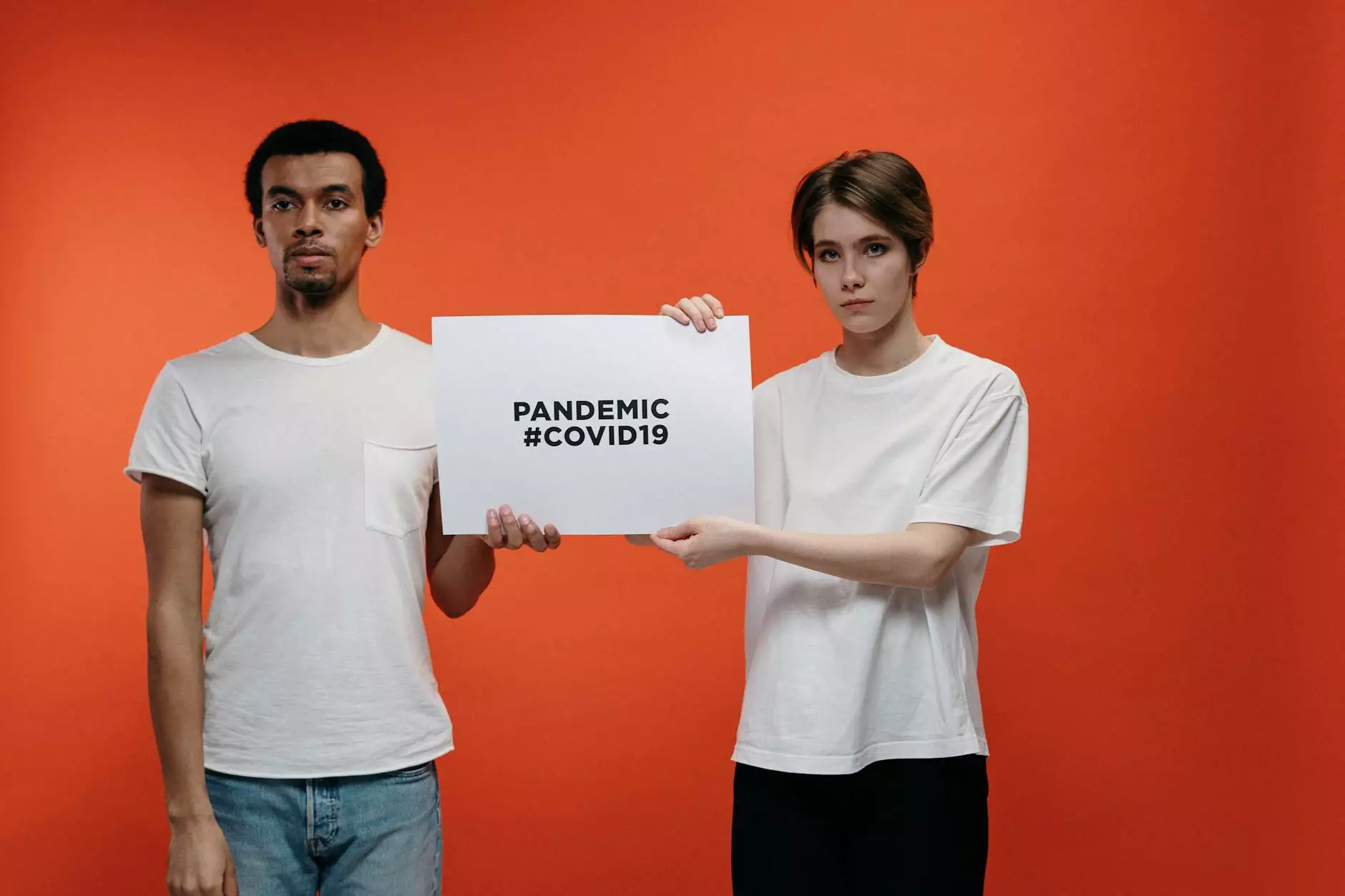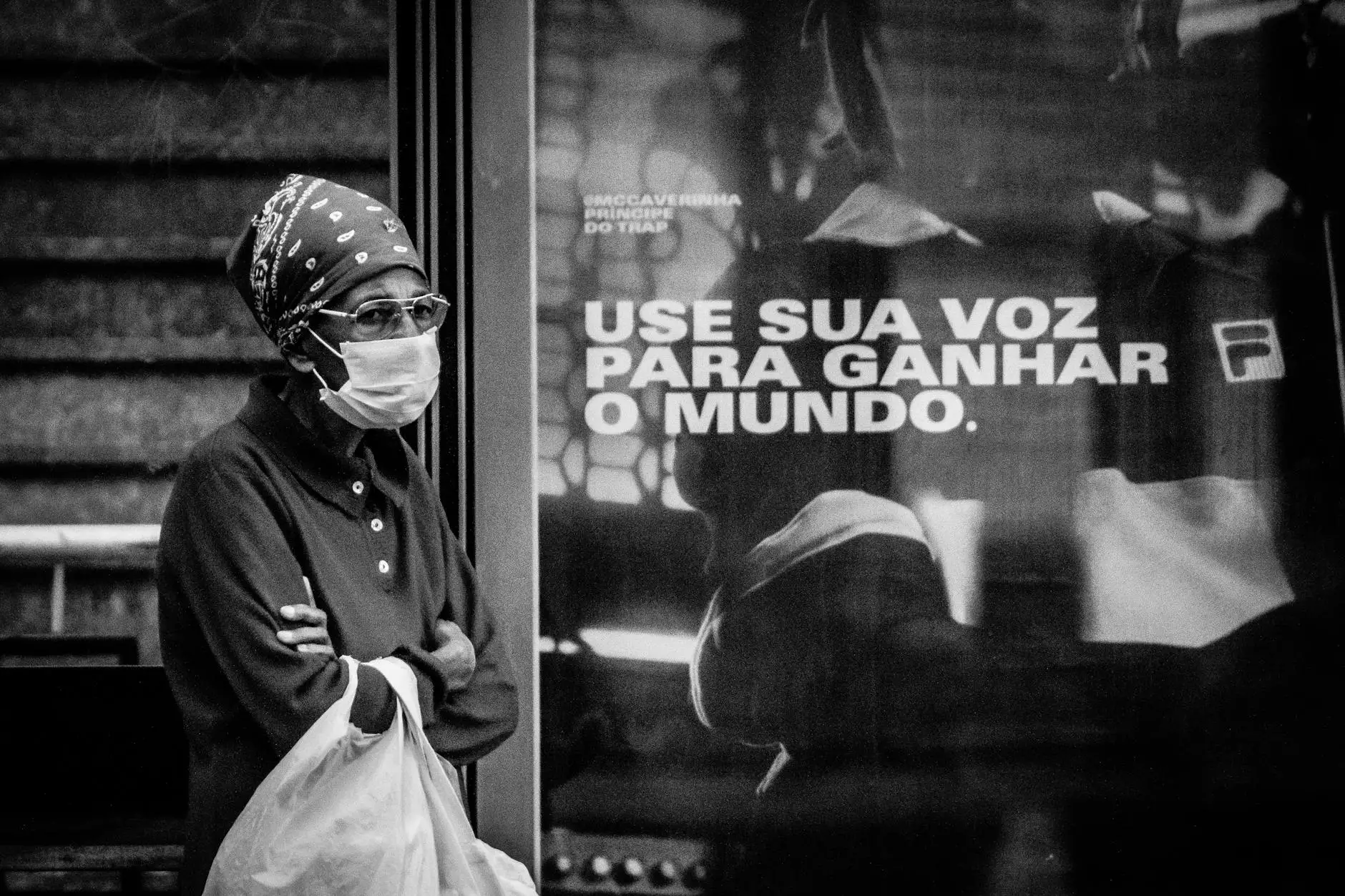Infants and Seniors Have Options to Protect Against RSV

Introduction
As leaders in occupational medicine, MUIR DIABLO OCCUPATIONAL MEDICINE understands the importance of providing comprehensive healthcare solutions to help individuals of all ages. In this article, we will discuss the various options available to protect infants and seniors against Respiratory Syncytial Virus (RSV) - a common respiratory infection that can be severe for these vulnerable populations.
Understanding RSV
RSV is a highly contagious virus that affects the respiratory system, primarily causing infections in the lungs and airways. It is especially concerning for infants, older adults, and individuals with weakened immune systems. By educating ourselves about RSV and taking appropriate preventive measures, we can minimize the risk of infection and its complications.
Prevention Methods
Prevention plays a key role in safeguarding infants and seniors from RSV. Here are a few proactive measures:
1. Hand Hygiene
Frequent handwashing with soap and water, especially before handling infants or after being in public spaces, can significantly reduce the transmission of RSV.
2. Limiting Exposure
Avoiding close contact with individuals showing symptoms of respiratory illness, such as coughing or sneezing, can minimize the risk of infection. Implementing good respiratory etiquette, such as covering the mouth and nose with a tissue or elbow when coughing or sneezing, is vital.
3. Vaccination
There is currently no specific vaccine for RSV. However, certain populations, including premature infants and children with certain medical conditions, may benefit from preventive medication. Consult with healthcare professionals to determine if preventive medication is appropriate for your child or loved one.
Recognizing Symptoms
Recognizing the early signs and symptoms of RSV is crucial in seeking timely medical attention. While symptoms can vary between infants and seniors, common ones include:
1. Infants
- Rapid or difficulty breathing
- Coughing
- Fever
- Irritability or decreased activity
- Runny nose
2. Seniors
- Coughing
- Wheezing
- Shortness of breath
- Fever
- Decreased appetite
If you or your loved one experience any of these symptoms, it is advisable to seek medical attention promptly to prevent complications and ensure appropriate treatment.
Treatment Approaches
Early detection and intervention are vital in managing RSV infections effectively. Treatment options may include:
1. Supportive Care
For mild cases, symptomatic relief through measures like staying hydrated, using saline nasal drops, and using a humidifier can help ease discomfort and promote recovery.
2. Antiviral Medications
In more severe cases, healthcare providers may prescribe antiviral medications that help reduce the duration and severity of RSV symptoms. These medications are typically recommended for high-risk populations.
3. Hospitalization
In severe cases, hospitalization may be necessary to provide specialized care, such as oxygen therapy and respiratory support, particularly for infants or seniors with compromised respiratory function.
Conclusion
Protecting infants and seniors from RSV requires a proactive approach involving prevention, early recognition of symptoms, and prompt medical intervention. By following preventive measures, seeking timely care, and staying informed about the latest advancements in RSV management, we can effectively safeguard our loved ones' health and wellbeing.
At MUIR DIABLO OCCUPATIONAL MEDICINE, we are dedicated to promoting a healthier tomorrow for all age groups. Reach out to our experienced healthcare professionals to learn more about RSV prevention, treatment options, and how we can support you and your family.










